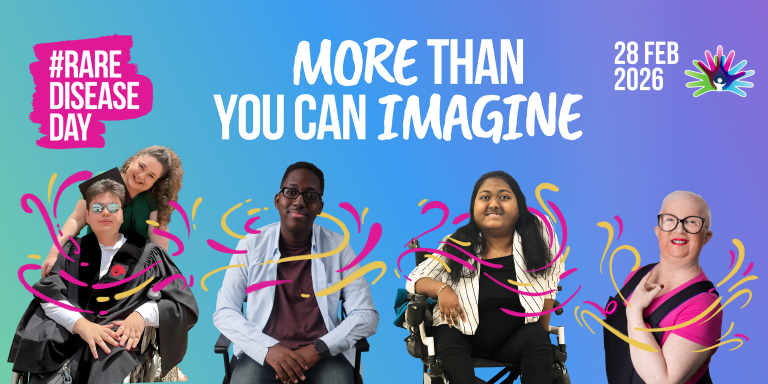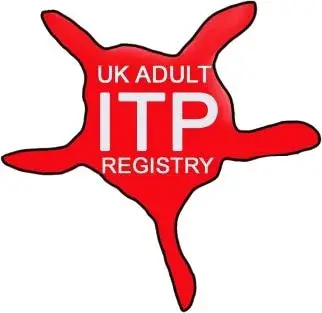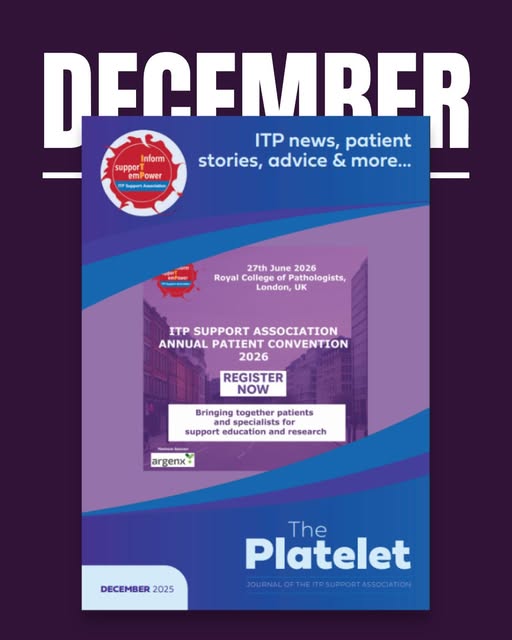Priority Setting Partnership (PSP)
-
by
lucy
Answering questions about Bleeding Disorders
A group of rare disease stakeholders have come together to form a Priority Setting Partnership (PSP) to find out what matters to patients, carers and clinicians in the field of Bleeding Disorders. Some people experience problems with bleeding throughout their lives as the result of an inherited disorder such as haemophilia or von Willebrand disease. Others may have long-term problems due to an acquired problem such as immune thrombocytopenia and finally some people may have experienced problems only after childbirth or surgery. We are interested in all these problems.
The group is calling on all stakeholders to spread the word to help collect as many people’s views as possible.
Several of the disorders causing bleeding are rare and patients with rare conditions, as well as the clinicians that work with them, often have far more questions than they have answers. Research is often scarce in the rare disease community and patients can face a lifelong condition with significant impact on their quality of life.
Patient groups report that when research is carried out, the issues addressed by researchers are not always in line with those that patients and clinicians feel are the most important.
The PSP on bleeding disorders follows an initiative from the UK Haemophilia Centre Doctors Organisation (UKHCDO) but the aim of the PSP is to include as many different bleeding problems as possible. Moreover, we want to ensure that research addresses the questions that patients, their carers and the clinicians working with them, feel could have the biggest impact on their lives.
To this end the PSP has launched a survey asking for people to consider which questions they think are the most important for researchers to be asking.
Who can get involved?
- The survey can be answered by any adult who has had experience of problems with bleeding
- is a carer or family member of an adult with bleeding problems;
- is a health care, or social care, professional caring for adults or children with bleeding disorders or
- is part of an organisation representing and/ or supporting people with bleeding disorders
Some examples of bleeding disorders –
- Haemophilia
- Von Willebrand disease
- Platelet disorders: such as Glanzmann thrombasthenia
- Immune thrombocytopenia
- Post partum haemorrhage
- Post traumatic haemorrhage
- But there are many others….
We are calling on groups to disseminate the survey, and help us spread the word about the importance of PSPs to rare disease patients.
WE NOW NEED YOUR INPUT
If you would like further information on the survey or would like to participate and help research into bleeding relative to
ITP
Log onto :
and submit what in your opinion needs research.




